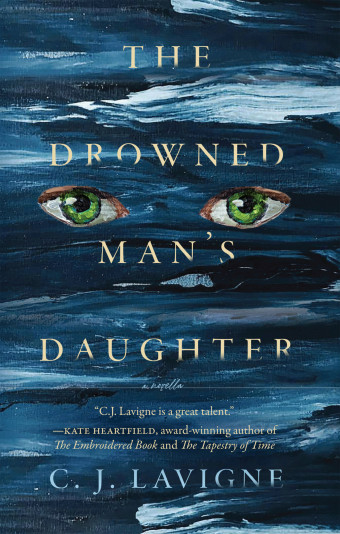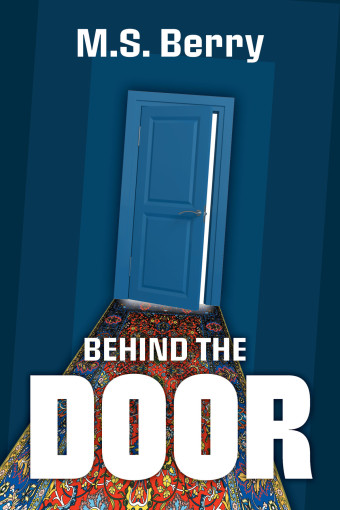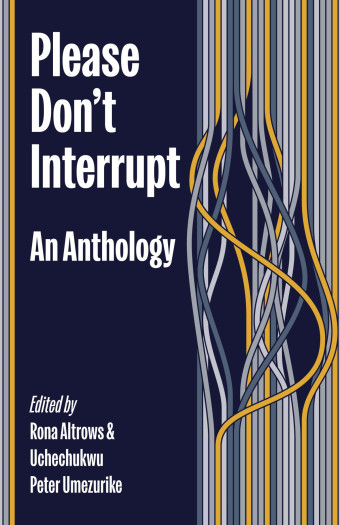A Kid Called Chatter, Calgary author Chris Kelly’s latest novel, deals with profound themes in a beautifully fantastical story. The short chapters, spare prose, and faultless dialogue propel the reader into a world where it seems possible for dying animals to search out solace from a human.

- A Kid Called Chatter
- Chris Kelly
- University of Calgary Press
- $24.99 Paperback, 326 pages
- ISBN: 978-17-73852-64-5
Kelly wrote Chatter “mostly through trying to imagine the life of someone who is so directly confronted by the unspeakable mysteries of existence, and is completely isolated for that very fact.” That someone is a kid who becomes known as Chatter.
As Chatter opens, a dying jackrabbit comes out of the undergrowth to seek comfort from a toddler. All the child knows is a shiver, a “call-and-answer,” as the animal approaches him. Throughout his life Chatter will be unsure whether he has a gift or an affliction, and he has no words to explain this mystery.
A Kid Called Chatter is set during the Great Depression and Chatter has been placed in a series of orphanages where his gift for attracting dying rabbits unsettles the staff, and his differences make him a target for children’s bullying. He eventually escapes into the woods.
Every time an animal needs Chatter, he feels the “yearn,” and waits for the animal to make its way to him. But when an animal has been mutilated by a human, he senses a rot alongside the yearn. And that is how he comes to meet Greaves, a boy who feels a need to mutilate animals, although he doesn’t know why.
“Greaves is driven by motivations he doesn’t understand,” says Kelly. “He has lost much of his humane discretion to the violences he has committed in order for acceptance into his community, and has primarily made his way through the world on instinctual reaction.”

Kelly’s first novel, On Quiet Earth, portrays a zombie apocalypse. While this new book and its magic realism and grounding in history would seem quite a departure, his first book, according to Kelly, “does share thematic concerns with Chatter, primarily about the effects of violence and the isolation forced upon [the] marginalized, and pays close attention to the psychology of those who are faced with circumstances they don’t even have the language to explain.”
After his flight from the orphanage, Chatter finds a group of children living in a culvert, and they become his family. When Greaves attacks Chatter’s friend, Chatter leaves the woods, and ends up with Ruddy Lou, a moonshiner and con man. Here Chatter comes to believe that he has – perhaps – a real gift for healing.
This belief sends him back to the community in the culvert, where his powers are put to the test. Through it all, Chatter’s ability to draw the dying wildlife to his arms is unwavering.
Kelly says, “Chatter can be sure that his presence, his nearness to the jackrabbits in their last moments, is of some degree of comfort. This is virtually his only lasting consolation in the wider mystery of his life.
“This simple act of compassion, of a giving presence, is perhaps the closest anyone can get to the sort of healing power Chatter believes he has.”













